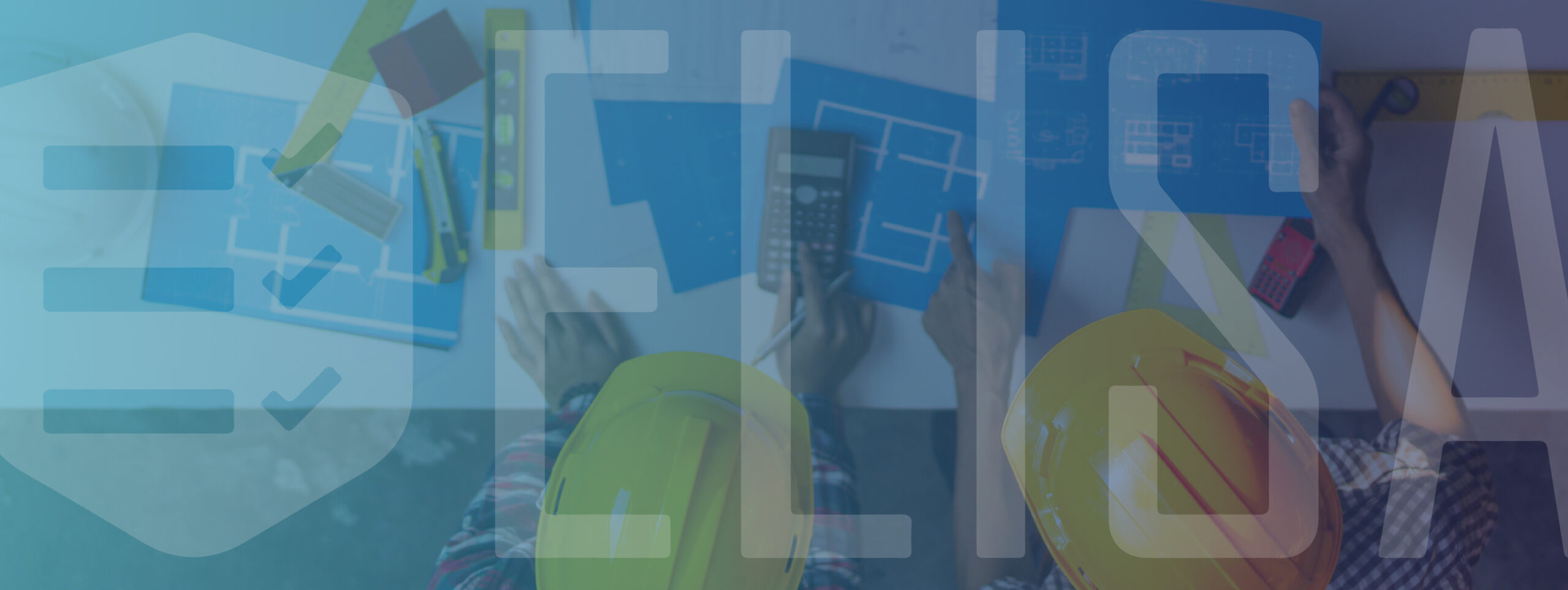
By Elana Copperman at Mobileye, Philipp Ahmann at ADIT
More than 120 registered participants, half of them first time joiners, can look back to 3 days of the 6th ELISA workshop, again held virtually due to the pandemic. It was filled with various sessions focusing on, of course, Linux and safety, but also on medical and automotive use cases as well as which role testing, tooling and development processes play to achieve the ELISA deliverables. And these ELISA deliverables should lead to making it easier to enable Linux in safety applications. This is the actual mission of the ELISA project.
As this is the 3rd time that ELISA held a virtual workshop you can see the learnings from the past. Virtual get together, multiple hosts and cloud recordings of sessions support the rich experience of the workshop.
The virtual workshop also reduces the hurdle to participate, especially as workshops are open for all and free of charge. This led again to a higher number of average participants per session compared to our previous workshops and confirms the interest in a functional safety product based on LInux.
During the workshop, besides the regular content such as working group updates and goal settings also completely new areas of interest were presented by members and external speakers. Topics included cybersecurity expectations in the automotive world, code coverage of glibc and Intel’s Linux test robot. The impact to the Linux (Kernel) community was addressed by talks about measuring code review in Linux Kernel, statistics on patch integration or the kernel testing reference process.
The Safety architecture and automotive work groups agreed on their communication interface by sharing requirements and concepts on the Linux architecture. This enabled the momentum these two groups needed to make progress on their goals. Finally, collaboration and contributions from all our ELISA members resulted in publishing source code and documentation on ELISA github.
Tuesday Feb 2 2021
The first day began with updates from the ELISA Working Groups. As ELISA continues to chart new territory, the collaboration between WGs is being defined. In addition to the new interfaces described by Philipp Ahmann between the Architecture and Automotive WGs, we are beginning a joint effort between the Architecture and Development Process WG to set up a database of kernel configurations/features amenable for safety analysis.
In addition, two presentations from Intel/Mobileye focused on static analysis for compliance with MISRA and proposed test strategies for safety qualification and FFI evidences.
Both talks were very insightful, with a lot of feedback from the audience and participants turning the end of the day really into a workshop feeling like a workshop. It includes exactly the discussion which is needed when working on a Linux system ready for safety applications.
Looking forward to an even more exciting day tomorrow!
Wednesday Feb 3 2021
Andreas Gasch and Joyabrata Ghosh kick started today’s sessions with a presentation on Cybersecurity Expectations in the Automotive World. It certainly was interesting to see how the Cybersecurity community is coming around full circle to align with the standards, processes, documentation and management much closer to what we work with in the safety community. Perhaps in the future, we will (eventually) see Cybersecurity and Safety join forces for risk management and qualification.
Eli Gurvitz then provided a report from the Code Coverage Metrics for GLibC mentorship project (by Ashutosh Pandey) on code coverage analysis for glbc, generating quite some ripples and interest in joining the “Fun and Happiness” group aka Tool Investigation and Code Improvement Sub-WG for further work in this area. Kudos, Ashutosh, for a great job!
Spirited discussions came up in the session on how to handle documentation in git and github. It could be clearly seen that the interest in a proper version controlled documentation repository is needed, but the standard format, if reST, markdown or LaTeX could not be concluded and reminded on the starting phase of ELISA. With the Automotive and Medical Device WGs starting to add their documents to the ELISA git repository, ELISA is taking a good iterative approach to making their work visible and structured to meet the expectations of safety experts as and the safety standards.
Day #2 was wrapped up with an extended session on defining kernel configurations for safety critical applications. Focused on the “top down” alignment of the CONFIGs and their analysis within the context of Shuah’s work on CWE classifications for safety. Medium term (~6 month) goal to establish a basic set of configurations and document effectively on how integrators can potentially use those configurations in safety analysis of their specific use case. There are a lot of challenges in this area.
Thursday Feb 4 2021
The 3rd workshop day is typically focused on setting goals for the next 3 months. In addition, ELISA members spend time collaborating in long deeper dive Development Process WG’s working sessions. These sessions actually make the turn from the conference character to a workshop character. Also other sessions such as the goal settings for the next quarter leave enough room to have alignment among the active ELISA members including the Technical Steering Committee. These sessions see fewer first time attendees. We encourage new members to attend the goal setting sessions in the hope that they might be able to engage and collaborate with us on achieving our goals for the next quarter. We sincerely hope all the first time attendees will join us in our upcoming 7th workshop in May 2021.
Closing thoughts
Recapping the three days of this workshop, it is nice to see that the ELISA project is making steady progress and providing enough technical content so that the different working groups start to align and work together more effectively. The Development Process WG has become large enough to spin out smaller teams to focus on WG goals. The ELISA workshops are instrumental in collaborating on discussing current work and in collecting feedback to gain valuable insights and generate new ideas.
